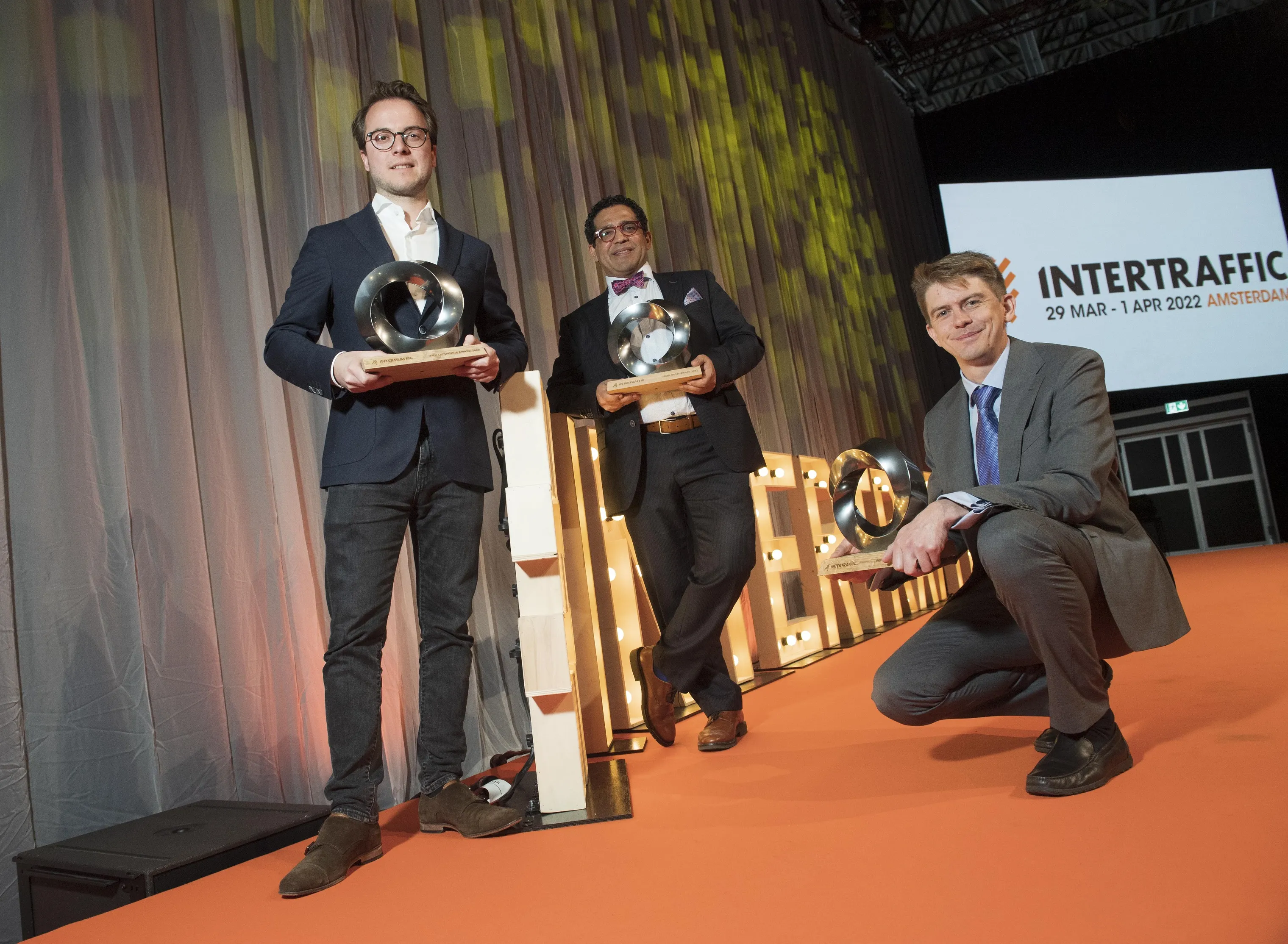Bolt, the ride-share firm which was previously called Taxify, has insisted that the ITS industry must be careful what it does with the data it collects.
Speaking at
The company already works with public authorities across Europe, he said, but there is an obligation on firms in the mobility sector to use data responsibly.
“There’s a reckoning coming: we don’t intend to be monetising our dataset,” he added. “We’re not in the business of serving up eyeballs for advertisers. We’re a transport business.”
Bolt pledges not to ‘serve up eyeballs for advertisers’
Bolt, the ride-share firm which was previously called Taxify, has insisted that the ITS industry must be careful what it does with the data it collects.
Speaking at ITS International’s MaaS Market conference in London last week, Dominick Moxon-Tritsch, Bolt’s director of regulation and public policy, told delegates: “In principle we’ve got no problem with data sharing.”
The company already works with public authorities across Europe, he said, but there is an obligation on firms in the mobility sector
March 26, 2019
Read time: 1 min









